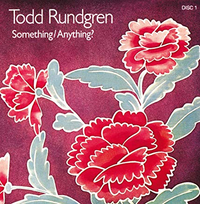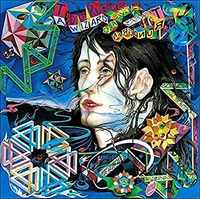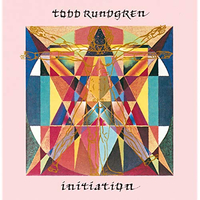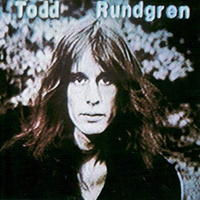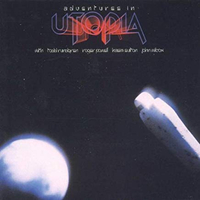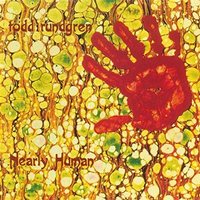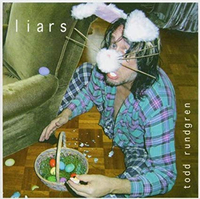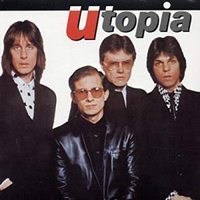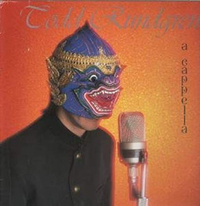Amore appropriate title for Todd Rundgren’s signature 1972 hit Hello It’s Me might have been Goodbye, It’s Me. That would have prepared fans for the 45-year, 30-plus-album restless quest for musical reinvention that followed. If he has taken a few questionable turns and gone down creative cul-de-sacs along the way, one thing is certain: Rundgren’s career has never been boring, and for him that’s success. “I don’t like formulas,” he once said. “And I’m personally incapable of following them anyway.”
Born in 1948 near Philadelphia, and steeped in that city’s soulful sounds, Rundgren said he was “fated to become a musician”. His apprenticeship with The Nazz and two low-key singer-songwriter albums quickly gave way to a wildly prolific run through the 70s and 80s, during which he released landmark records such as Something/Anything?, A Wizard, A True Star, Hermit Of Mink Hollow, Adventures In Utopia and Nearly Human.
The constant in his evolution – from pop to prog to new wave to electronica – has been his masterful songwriting. No matter if he was writing beautiful ballads such as It Wouldn’t Have Made Any Difference, 30-minute experimental suites like The Ikon, ferocious rockers such as Trapped, or silly pop ditties such as Bang The Drum All Day, he couldn’t hide his enormous gift for melody (Rundgren once wrote in the foreword to a songbook collection: “These are songs that would’ve been hits if I hadn’t subverted them…”) and lyrics that addressed the human condition with a curious mind and heart.
Aside from his prowess as a composer, Rundgren is one of rock’s most original producers, with a résumé that includes Badfinger, New York Dolls, Grand Funk Railroad, Cheap Trick, XTC and his biggest success, Meat Loaf – Rundgren says the multi-platinum Bat Out Of Hell album helped finance a decade’s worth of his own audio and video projects.
Rundgren was also a pioneer for enhanced CDs and online delivery. His 1995 album The Individualist, for example, was one of the first to be offered for sale over the internet, where subscribers could download the music before it was released in stores.

...and one to avoid
You can trust Louder Our experienced team has worked for some of the biggest brands in music. From testing headphones to reviewing albums, our experts aim to create reviews you can trust. Find out more about how we review.

